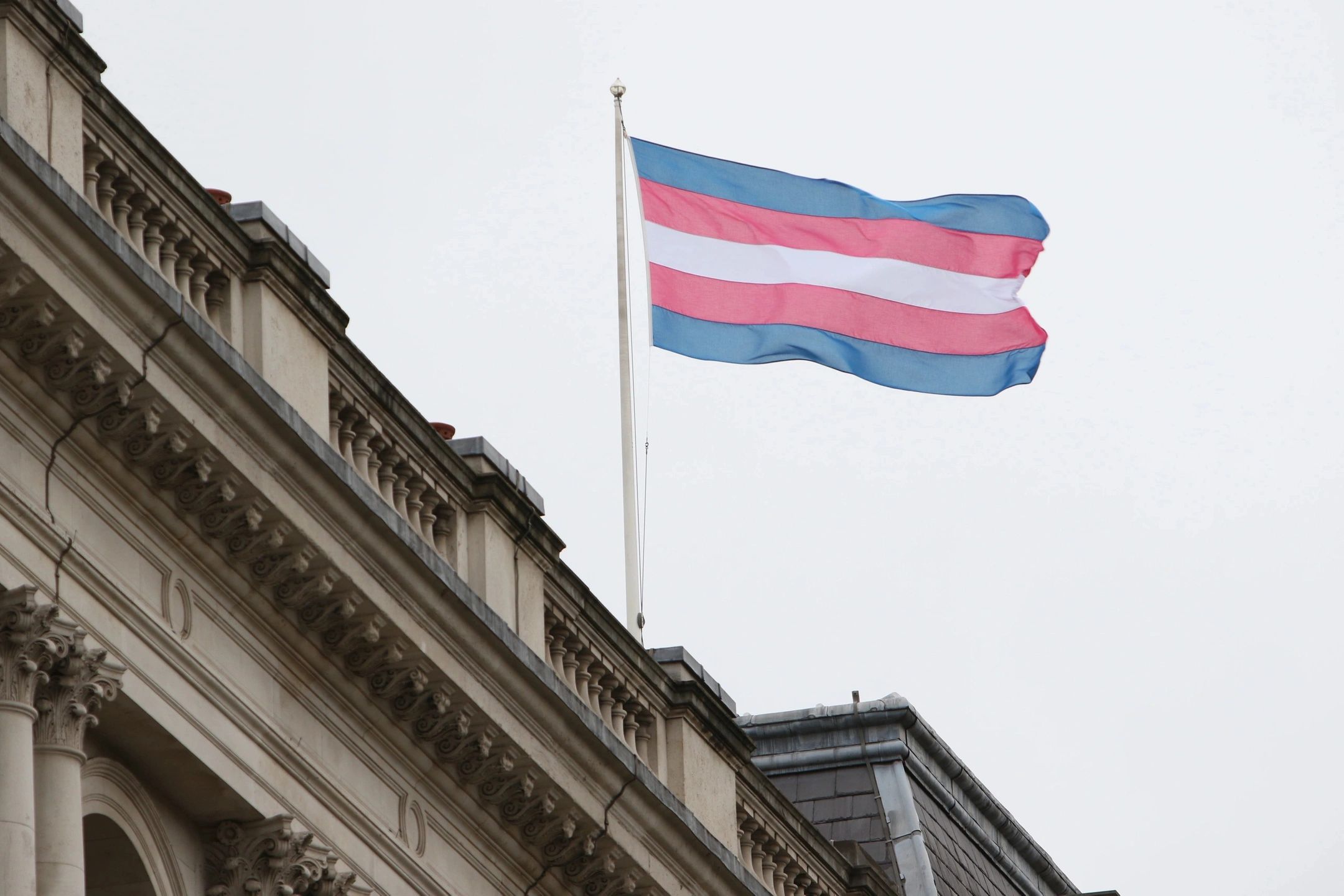Two transgender students in Virginia have initiated legal action against the state, contesting recent guidelines restricting transgender students’ participation in sports teams aligned with their gender identities and permitting teachers to reject preferred names and pronouns. Filed in state court, the first case involves a transgender high school girl in York County who alleges that she was singled out by a teacher refusing to use her preferred name and pronouns, opting instead for her last name only. The second case, brought by a transgender middle school girl, contends that she has been denied access to a girls’ sports team. Both lawsuits argue that the guidance, issued by Republican Governor Glenn Youngkin’s administration, violates a 2020 law designed to safeguard the rights of transgender students, and they seek to overturn these policies.
Governor Youngkin’s policy, which has faced opposition from some school districts, not only dictates that students use bathrooms corresponding to their assigned sex at birth but also mandates that teachers obtain parental permission before using transgender students’ preferred names and pronouns. The lawsuits in Virginia contribute to a broader national trend of legal challenges targeting school policies affecting transgender students. In December, Virginia’s highest court revived a case involving a teacher fired for religious objections to using a transgender student’s preferred pronouns. Similar cases are unfolding in different parts of the country, exemplified by the 1st U.S. Circuit Court of Appeals considering whether to revive a lawsuit by parents challenging a Massachusetts school district’s policy of withholding information from parents regarding their children’s use of different names or pronouns at school. In August, the 4th Circuit rejected a challenge by parents against a comparable policy in a Maryland school district. The legal landscape surrounding transgender students’ rights in schools remains dynamic and contentious, with ongoing battles over pronouns, names, sports participation, and bathroom use.





